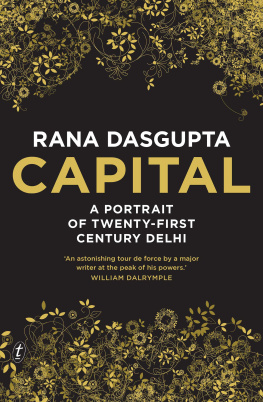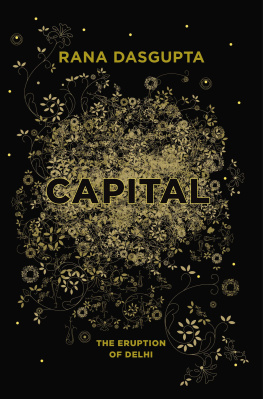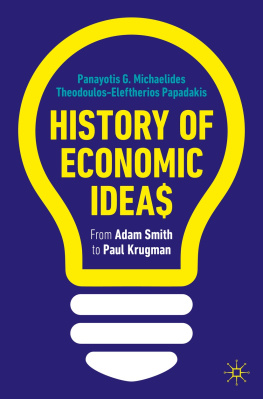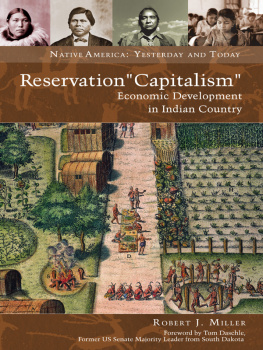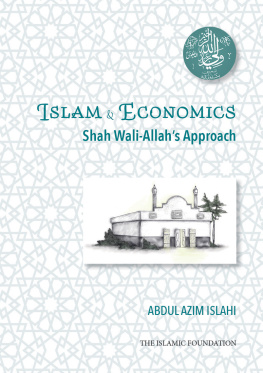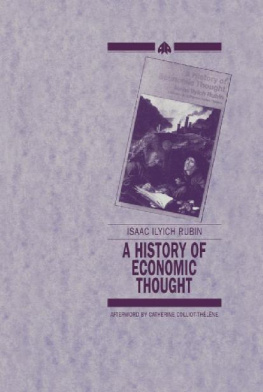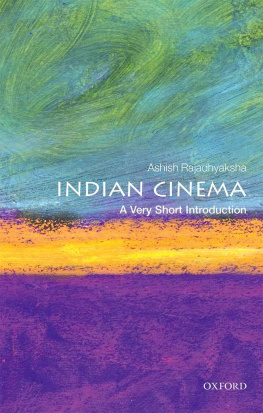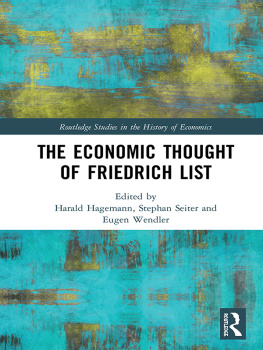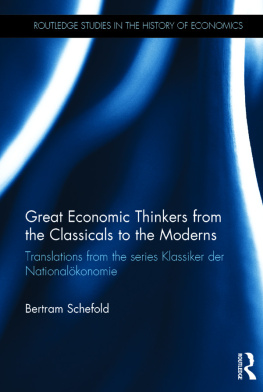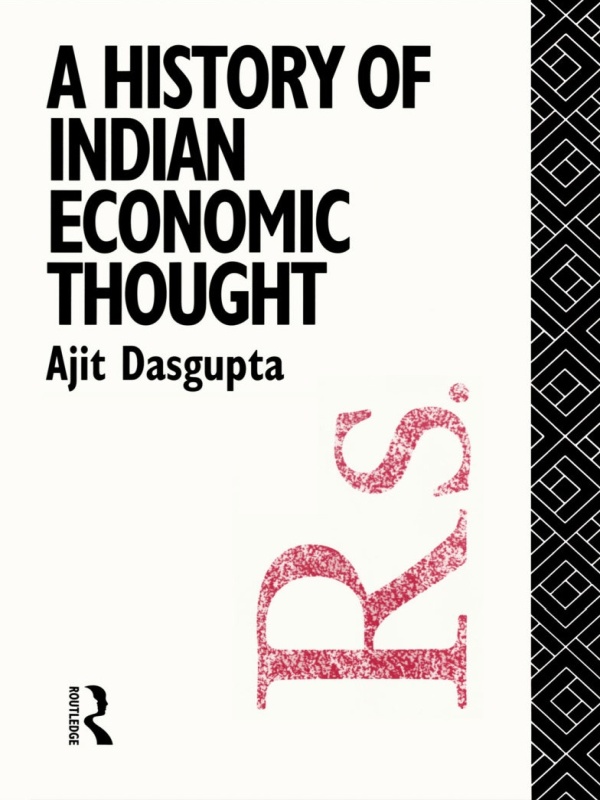1 Introduction
This chapter provides an introduction, divided into three sections. The first points out some of the benefits that a study of the history of economic thought in general and that of Indian economic thought, in particular, might bring. The second sets limits on the scope of this history and explains broadly what it is intended to cover. The last section provides an outline of topics discussed.
THE USES OF HISTORY
Historians of economic thought often assume implicitly that understanding economics necessarily requires knowledge of its past but the necessity is not obvious. The same is true of any branch of modern knowledge. Whether, for example, it is useful for a scientist, or anyone, to study the history of science, except perhaps as a pastime, has long been a point of dispute. Those in favour have pointed to the gains that could be had by drawing on the storehouse of ancient wisdom. Those against have emphasised the advantage of starting on a fresh path, free from the shackles of the past. A standard example used by exponents of this latter view is the failure of science to grow as long as it relied on guidance from the Scriptures and Aristotle.
Between the time of Copernicus and that of Newton the difference between these two views of the history of science was often described as a quarrel between the ancients and the moderns. Voltaire, who was whole-heartedly on the side of the moderns, wrote under the entry Job in his Philosophical Dictionary that there was not a book on science in his own day that was not more useful than all the books of antiquity.
By implication he was asking a further question: why then bother to read books of antiquity or even read about them? The same kind of scepticism has been expressed in recent times regarding the contemporary relevance of ancient economics. In essence the doubt is whether the wrong opinions of dead men () merit attention. The most persuasive attempt to allay such doubt was by Schumpeter in the opening pages of his monumental History of Economic Analysis.
Schumpeter begins by spelling out the question that Voltaire had only implied:
Well, why do we study the history of any science? Current work, so one would think, will preserve whatever is still useful of the work of preceding generations. Concepts, methods, and results that are not so preserved are presumably not worth bothering about. Why then should we go back to old authors and rehearse outmoded views? Cannot the old stuff be safely left to the care of a few specialists who love it for its own sake?
(: 4)
Characteristically, Schumpeter does not reject this view outright but accepts the grain of truth that it embodies: It is certainly better to scrap outworn modes of thought than to stick to them indefinitely (ibid.: 4). It was, he could have added, adherence to an outworn, authoritarian mode of thought which encouraged taking things on trust, rather than working them out for oneself by means of experiment, observation and reasoning, that had held up the progress of modern science. However, studying the past need not mean becoming its prisoner: we stand to profit from visits to the lumber room provided we do not stay there too long (ibid.: 4). Schumpeter describes three distinct ways in which we can so profit.
Firstly there is a pedagogical advantage. Relying solely on the latest textbook may actually make teaching and learning more difficult than they need be, for unless that text itself presents a minimum of history, students may experience a sense of lacking direction and meaning.
A second advantage that one could gain by studying the history of a discipline consists in new ideas. Such study often helps widen ones horizon and suggests new ways of looking at familiar problems. And it is not just the successes that we learn from. The failures (the wrong opinions of dead men), can be no less instructive. We learn about both the futility and the fertility of controversies; about detours, wasted efforts, and blind alleys; about spells of arrested growth, about our dependence on chance, about how not to do things, about leeways to make up for (



